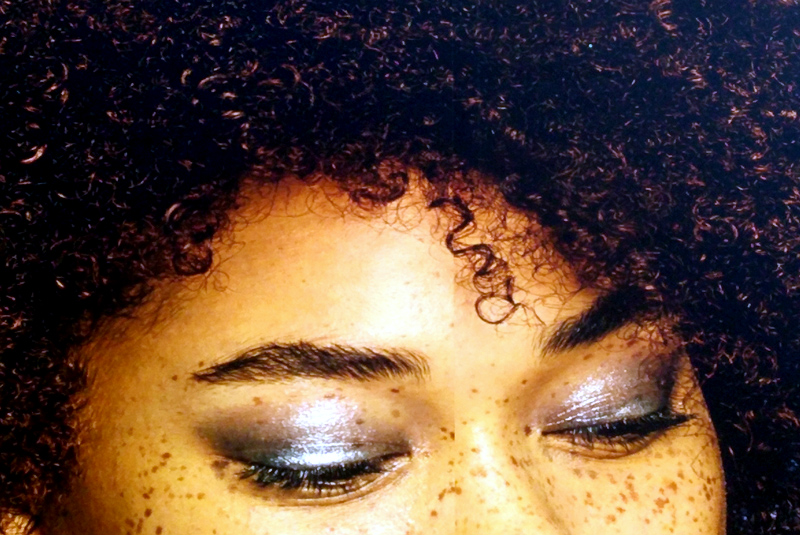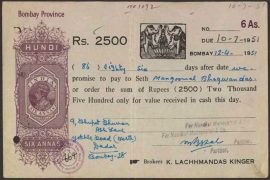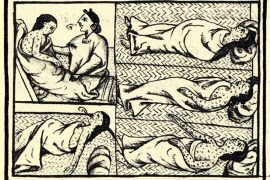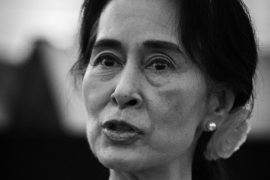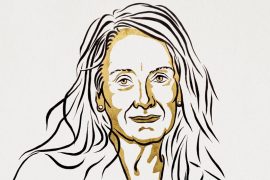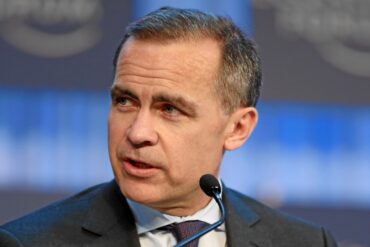“Mixed race? What’s all this mixed-race nonsense? If you’re not white, you’re black.” So said a legendary black British broadcaster to Sunder Katwala, a mixed-race Briton I interviewed for my new book Biracial Britain, during a conversation they had on identity.
Katwala has an Indian father and Irish mother with no black roots of which he is aware. When he pointed this out, he was asked why in that case he didn’t simply call himself Indian. Was he ashamed of his Indian roots?
The exchange typifies the kind of social reality mixed-race people know all too well: one that combines a binary way of thinking about identity, and the right monoracial society confers on itself to tell mixed-race people how they should identify.
A unique identity
The notion of a standalone mixed-race identity that is not an offshoot of one of the more familiar identities such as black, white or Asian is not something monoracial Britain and the wider world takes seriously yet. If Barack Obama had asked to be called the first biracial president of America, many would have frowned in confusion. First black president we get, but first biracial president? What’s that all about?
In Britain, Meghan Markle’s racial identity sparked a national debate even though she herself explicitly stated back in 2015 that she identifies as biracial. America’s new vice president Kamala Harris has presented a unique challenge to identity pronouncers in that she is an even less understood kind of mixed race – one with no white parent in the background. The default has been to mostly label her a black woman.
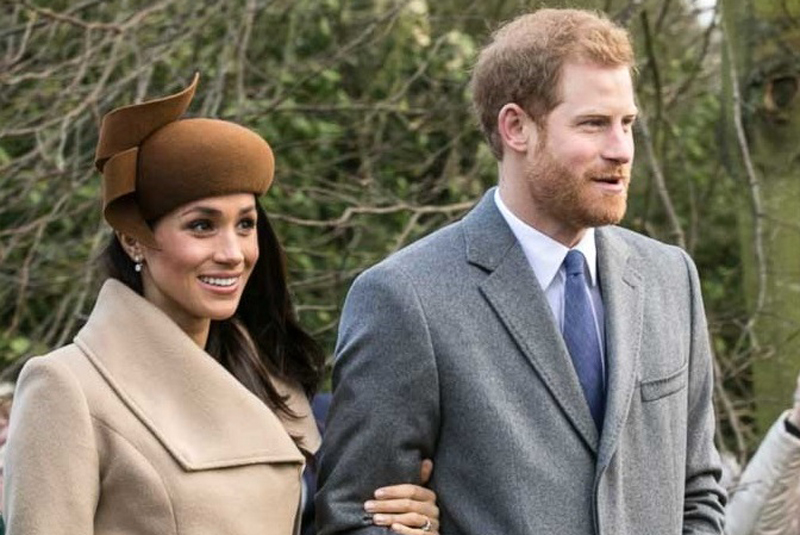
A common theme in all these cases is that monoracial commentators have dominated the public debate about what these individuals’ identities are or should be. As the son of a Nigerian father and Polish mother, I found it somewhat odd watching debates about Markle’s identity on British TV in which everyone was monoracial – either black or white, with no mixed-race voices.
That is like an all-white panel discussing what blackness means or vice versa. Historically conditioned by the need to survive in societies dominated by single racial groups, mixed-race people have rarely contested this imposition. Instead, we have simply adapted to whatever identity labels those around us have decided to assign us or which have emerged as a result of historical interracial conflicts.
A classic case being the “one-drop rule,” dreamed up by white American segregationists, which pronounced a person with any black ancestry “black” in a bid to harden racial boundaries and foster an air of exclusivity around whiteness. Though no longer law in any American state, this idea continues to shape perceptions of people with black ancestry in the US and other white majority societies. It is the key reason Obama was effectively left with no realistic choice but to identify as black, a fact he acknowledged in a 2007 interview.
Time to listen
During my research, a process which involved conducting interviews with mixed-race Britons of various ages and racial backgrounds, I got a sense that attitudes are shifting. That mixed-race people are tired of playing constant defence on identity and are feeling more confident to assert the identity they feel rather than simply accept whatever society assigns them. The game-changer has been our growth in numbers.
The last census conducted in 2011, a full decade ago, recorded over 1.2 million mixed-race Britons, almost double the number it listed in the 2001 census. This itself was likely an undercount as not all children of mixed marriages would have been ticked in one of the mixed categories. An analysis by Alita Nandi of Essex University and Lucinda Platt of the London School of Economics suggests the true figure today could be three times as high.
According to projections commissioned by political scientist Eric Kaufmann for his book Whiteshift: Populism, Immigration and the Future of White Majorities, Britain could be 30% mixed-race by the end of this century.
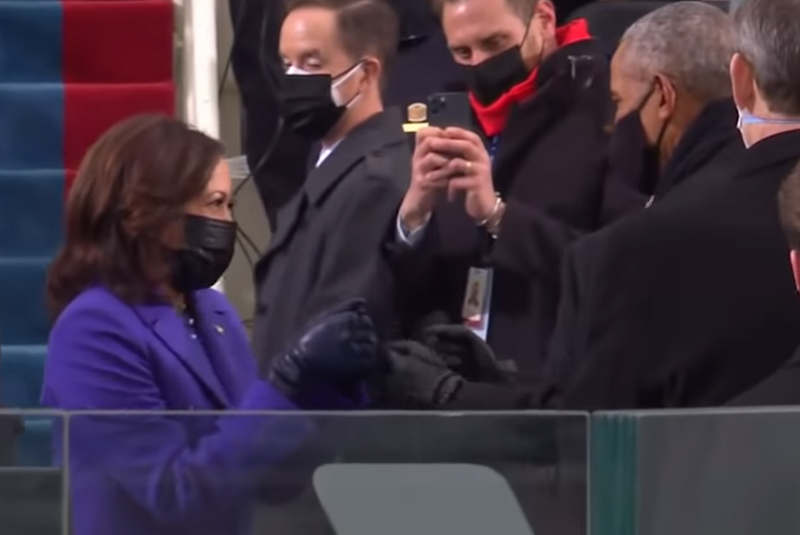
All over Britain, mixed-race people now constantly see many others like them around them. The sense of vulnerability that comes with feeling people like you are a tiny minority in society is disappearing. While many I spoke to still struggle with the contradictions and uncertainties of navigating multiple racial identities, there is also a growing realisation that it is time monoracial society started adapting to us as well, not solely the other way round.
“It is less we who are confused about being mixed-race than it is society being confused about how to deal with us,” the 38-year-old daughter of a Zimbabwean father and English-German mother said to me. Or as Danyal, the 23-year-old son of an English father and Pakistani mother observed:
The days of racial purity, be it black, white or Asian, are over and are a pretty old-school idea. My generation won’t accept the idea of fixed racial and identity boundaries or people imposing on them who they are allowed to feel like, they just won’t.
Few reasonable people today would dispute the fact that race is a social construct, something we humans imagined into existence. Which by no means detracts from its powerful impact on people’s everyday lives. What ultimately matters is what people believe matters.
The good news is that that which has been imagined can be reimagined. The key is to recreate social constructs of race and identity in a way that offers the greatest opportunity possible for people to thrive. When it comes to mixed-race people, the way to start is by society asking us who we are, not telling us.
This story first appeared in The Conversation.
-30-
Copyright©Madras Courier, All Rights Reserved. You may share using our article tools. Please don't cut articles from madrascourier.com and redistribute by email, post to the web, mobile phone or social media.Please send in your feed back and comments to [email protected]

